My husband and I are no strangers to traveling as it has been something that has united us over the years. With family spread out through the US, Europe and South America, it’s fair to say we have had our passports stamped more than a few times and consider ourselves travel savvy.
Luca turned 6 months old and he’s already traveled Europe, Peru, El Salvador and the US. When I tell people this, the first reaction usually is “you are crazy!” and it’s followed by “why?”.
With our son’s arrival, we made a pact with each other to not stop our traveling just because we had become parents. We agreed that it was important for Luca to become integrated into our family and our way of life.
Now the first 2.5 months after he was born, I rested with him to fully enjoy those beginning moments and to complete my recovery. By the 3rd month we had established a routine, and off we flew to Peru (5.5 hour flight).
While I always make a point to cater to my infant’s needs, I think that this is helping us teach Luca that he is a part of a family rather than him being the center of attention, if that makes sense. He has to learn to adapt, and I think that sparks resiliency.
So here are a few things that I have taken note of that really have made traveling globally with our infant worth it..
BUILDING LIFELONG IMMUNITY GLOBALLY
“I don’t want to travel with my child because I’m afraid of them getting sick.”
I think of babies as the beautiful blank slates when they enter the world. You get to help develop the immune systems they will have for the rest of their lives! It is the perfect time to introduce them to new environments and people, because they are so much more resilient than we ever give them credit for.
Exposing them so young to different microorganisms in various states and countries builds immunity fast and populates their gut microbiomes with lots of good bacteria.
And if you are nursing your baby, there is an extra layer of protection that comes from breast milk as it quite literally changes hour-to-hour, day-to-day to cater to your infant’s biological needs via breast receptors that interact with “infant backwash.”
The gut microbiome composition of mothers during travels also changes and adapts, which simultaneously impacts the infant as well.
If you are formula feeding, your baby will benefit from global travel just as much!
UNCONTROLLED ENVIRONMENTS & RESILIENCY
A child’s microbiome starts out simple but expands, colonizing rapidly over the coming years, and much of this is dependent on what they are exposed to.
Controlled Environment = Less Adaptation
Less Adaptation = Less Resilience
Less Resilience = More Sickness Long Term
I think back to my grandmother’s generation when they would have chickenpox parties for the children to all contract chickenpox so that they would develop resistance and immunity. This is the same exact idea.
Nursing, pets, outdoor exposure, various foods, swimming in natural bodies of water, family and friends all help build your little person from the inside out. The exposure to these things only grows greater in other states/countries!
IF YOUR CHILD BECOME SICK
I can speak from this experience firsthand, as Luca caught his first infection while we were traveling in Peru. It is inevitable at some point or another that it will happen- but it is completely natural!
We moreso need to learn not to fear an infection, as it is the result of a body working in perfect response to return to homeostasis.
A few tips if your young one gets sick:
- Don’t panic!
- Nurse/bottle feed on demand (breastmilk production will likely add colostrum)
- Have a nose suction and saline infant spray on hand for snot
- Frequent steam showers
- Use garlic mullein drops in ear canals (especially before flights)
- Use a baby carrier so your infant can regulate their temperature with yours (unless a fever makes it uncomfortable)
Luca was sick for about 3 days and had lingering symptoms for 10 days total, which is standard for babies. I can tell now he has developed good immunity, as we sat an entire flight with 2 french babies who were sick, coming home from Spain. He didn’t catch whatever they had and had even put some of their toys in his mouth (oops)!
Embrace the immunity building!
Also don’t fear a fever. The body is doing its job to kill the virus! Finally, use your parental intuition and tune into your child and their needs. You will know if it becomes serious and you need to take immediate action.
LEARNING THE TRAVEL LOGISTICS WITH AN INFANT
Traveling on long flights sounds terrifying to many first time parents. And I can absolutely understand the fears, trust me. We just flew on an 11 hour flight back from Germany and it wasn’t the most glamorous.
BUT..
You will be surprised at how accommodating international airlines are with young children! You are first in line to checking, through security, to board, AND through customs. Everyone knows traveling with young children is challenging, but airports do take measures to lighten the load.
You also get to check strollers and car seats for free, whoop!
BOOK THE BASSINET SEAT
There is a beautiful travel hack on international flights that are longer than 5 hours, and it is called the glorious bassinet seat. When you are booking your flight, always look for this option if your infant is under 1 years old. Every time we booked flights we would call the airline to ensure we had reserved this seat.
Some airlines will give the bassinet seat as a courtesy (thanks Lufthansa), but sometimes it is a small charge on top of the infant fare you pay.
(Sidenote: You don’t have to pay for a seat for any babies under the age of 2, but if traveling internationally you have to book the infant with the airline because many countries have an “infant fare” price.)
TRAVEL OVERNIGHT
There isn’t too much to elaborate on this, other than the fact that your baby will usually sleep the whole flight to the plane white noise which is a good feeling.
When we returned from Europe, our flights were all during the day so we had to entertain Luca quite a bit on the flight while he was awake.
0-3 months usually sleep the whole flight regardless
3-6 months will sleep some of the flight
6+ months will want to walk all of the isles with snacks and toys
NURSE TAKEOFF & LANDING
You have probably heard babies scream on takeoff and landing if you have been traveling long enough.
Young babies’ ear canals are not yet fully developed, so they don’t have the capacity to pop and pressurize their ears like we do. This means that feeding, whether that is bottle or breast, is important to avoid the painful scream they will let out if their ears don’t pressurize.
Another option is a pacifier! Just avoid having them sleep during takeoff and landing.
Another precaution I take (since we flew with Luca home sick from Peru) is always put garlic mullein ear drops in the ears a day or two before travel.
BRING A BABY CARRIER
You aren’t going to have a stroller on the plane so make sure you bring a baby carrier! This is an easy way for them to go to sleep. You just walk them up and down the isles strapped to you until you can put them in the baby bassinet asleep, without killing your back in the process.
I don’t know what I would do without my Artipoppe baby carrier! I have gotten more use out of it than my stroller these first 6 months.

EXPERIENCING TRAVEL & CULTURE YOUNG
You want your infant to see the world so young. Even if it is just going to another town or state to see grandma!
Many will say “oh but they will never remember this!” and I go, “that is completely false”.
They are so incredibly smart that in their first year of life, the more they are exposed to the more they will learn, remember, and store.
I can already see my son responding to multiple different languages as a result of this.
EVEN IF THEY DON’T REMEMBER, THEY REMEMBER
While their conscious mind might not necessarily remember this, their subconscious will and it will be absorbing sights, sounds, smells, people, languages, and environments like a sponge.
Later in life, they will understand how traveling works effortlessly, and they will be able to adapt to different environments quicker whether it be traveling or a big move to a new place.
The concept of moving, traveling, and adapting will not be novel for them and they will become more resilient from this!
Let me know in the comments if you have taken the leap to travel with your young baby!

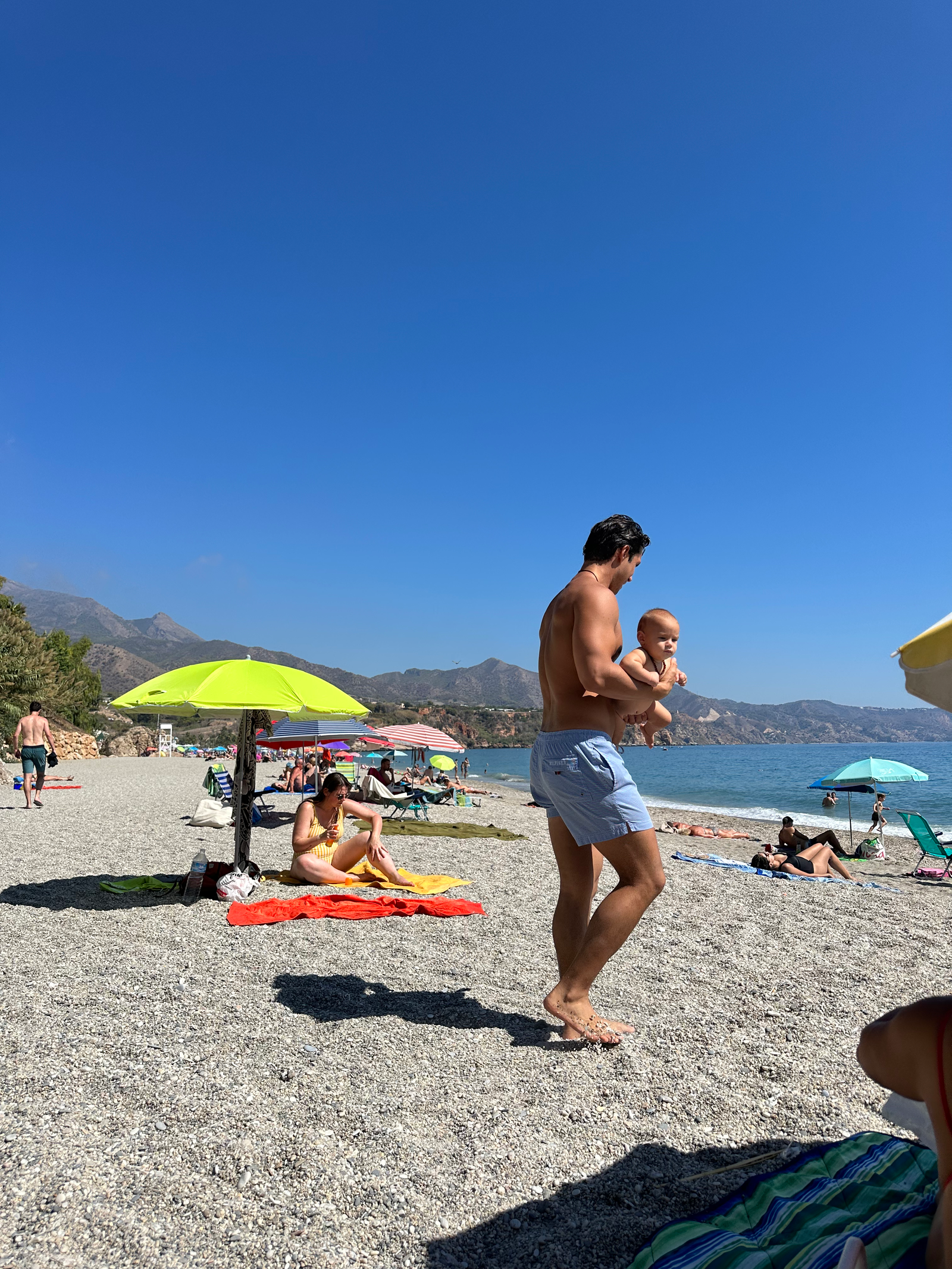
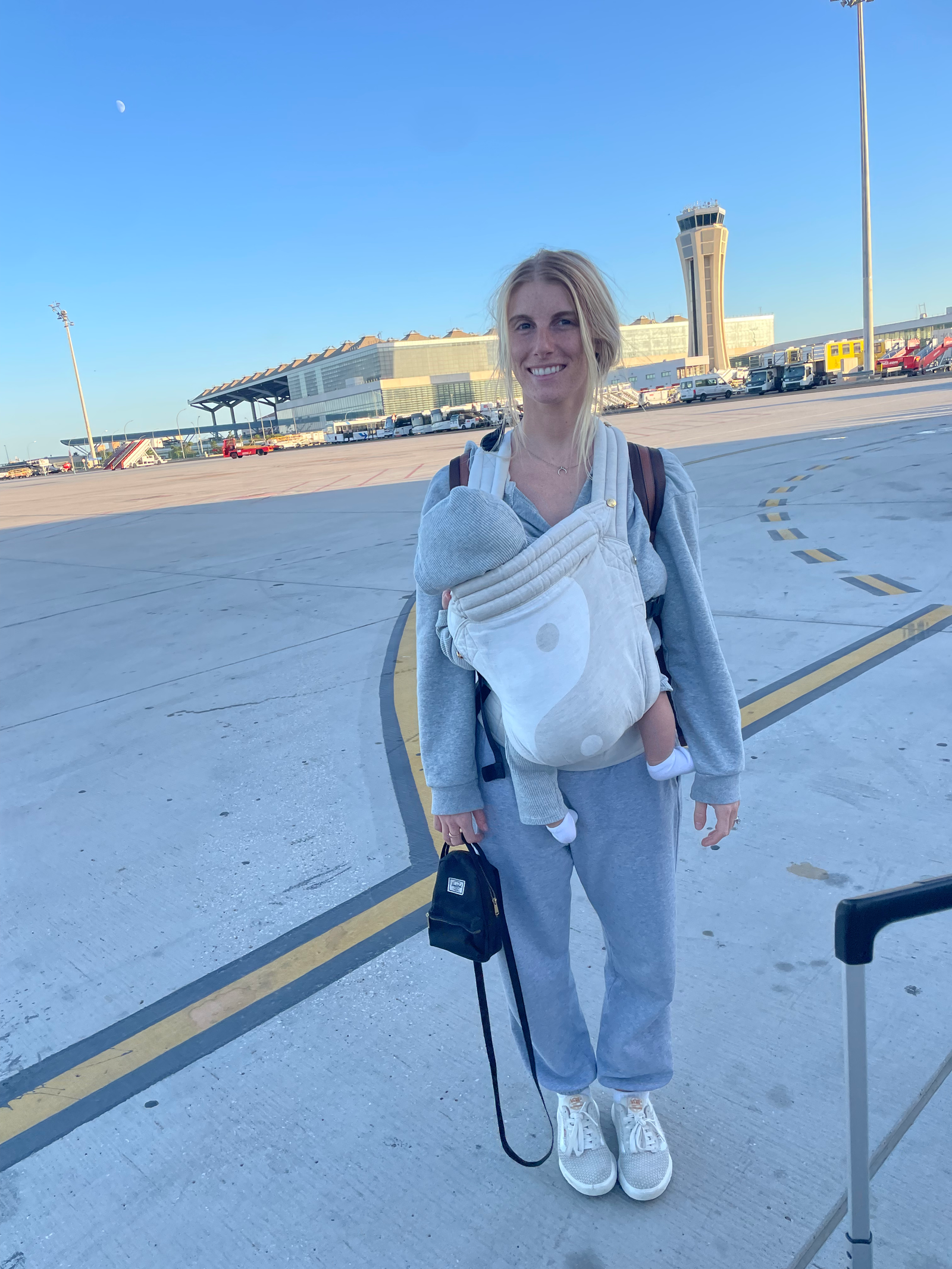
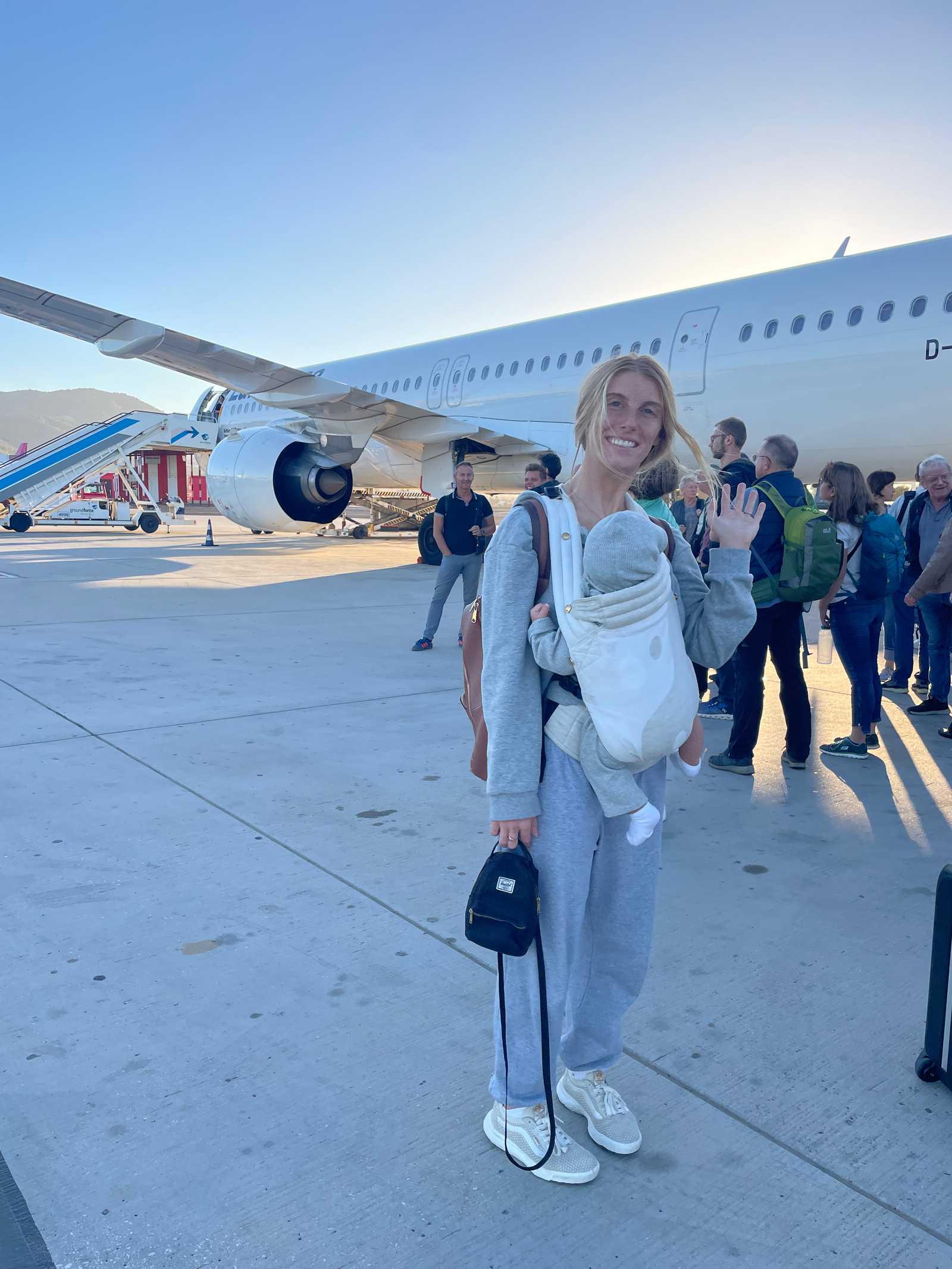
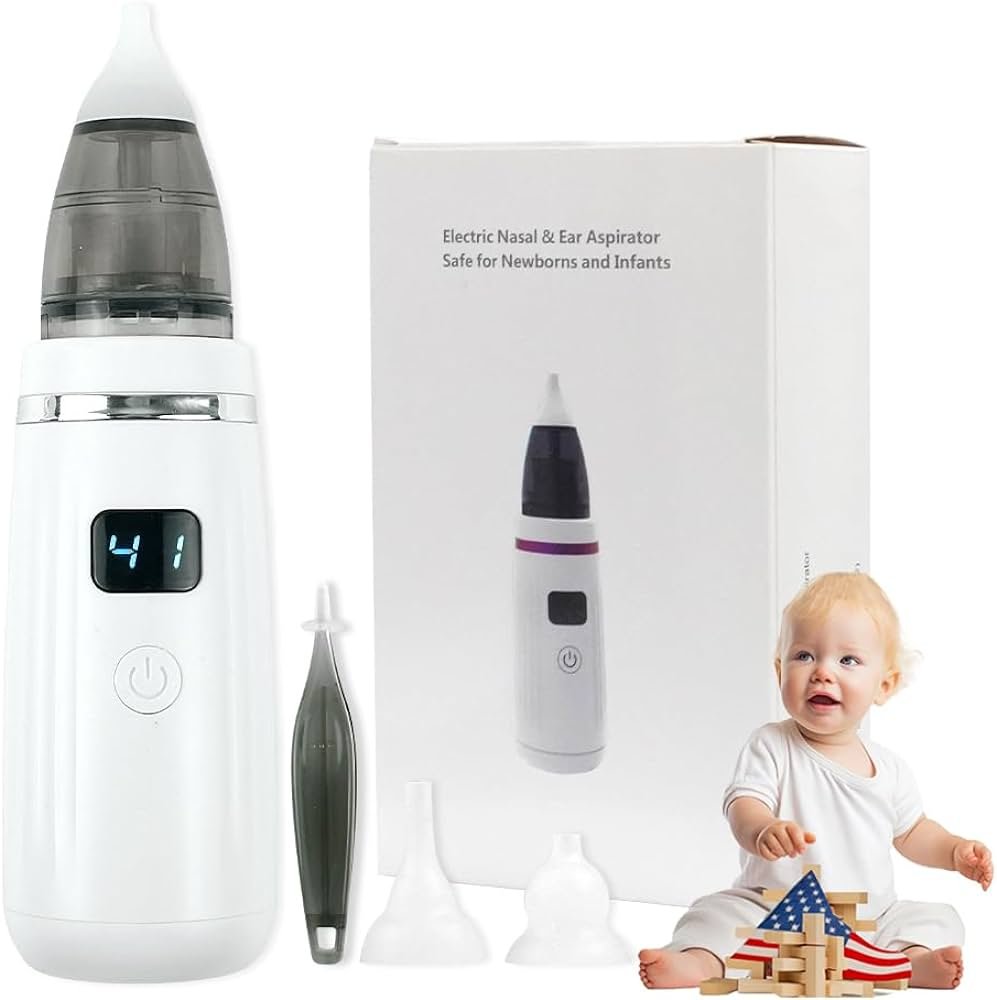

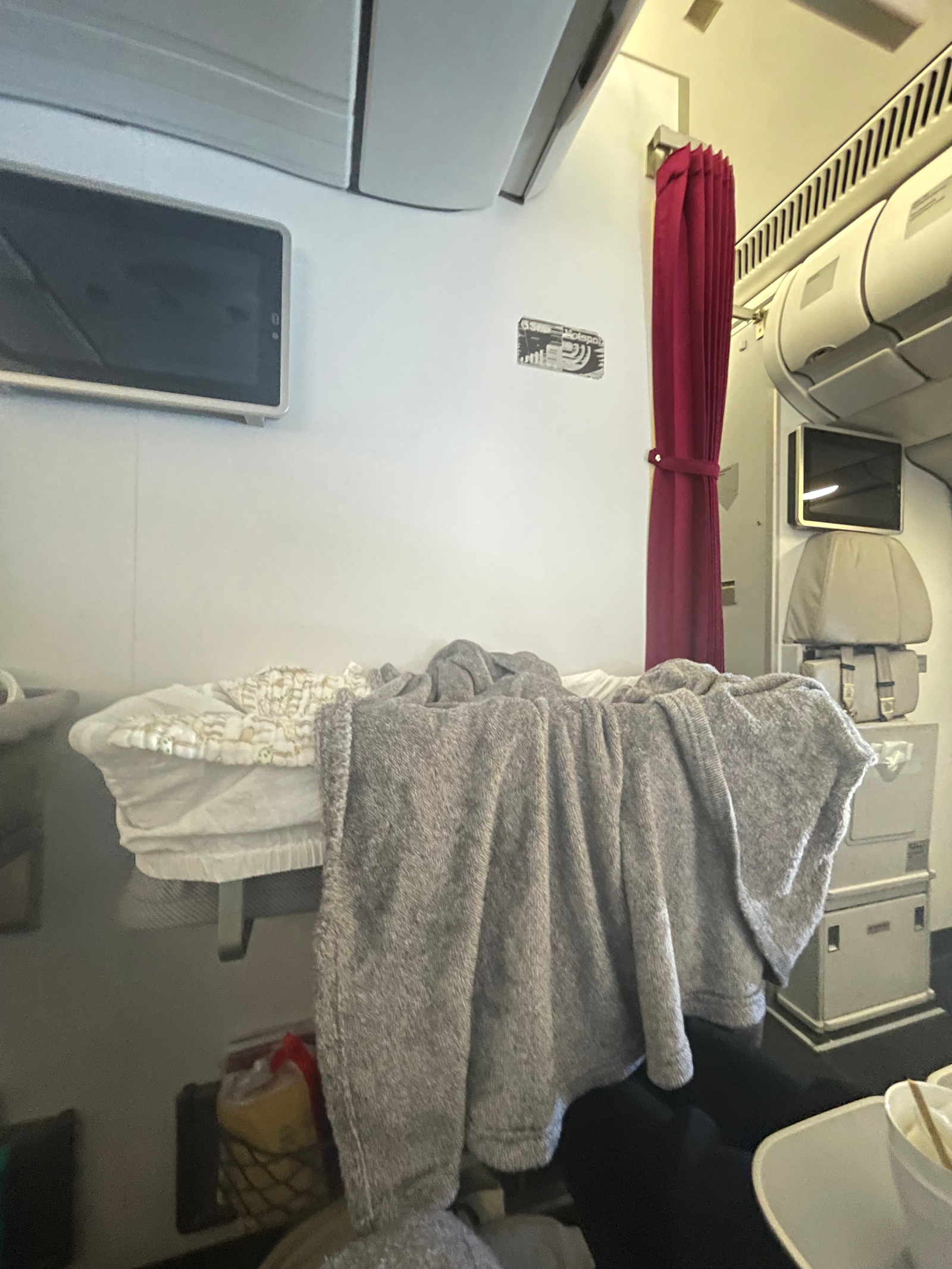
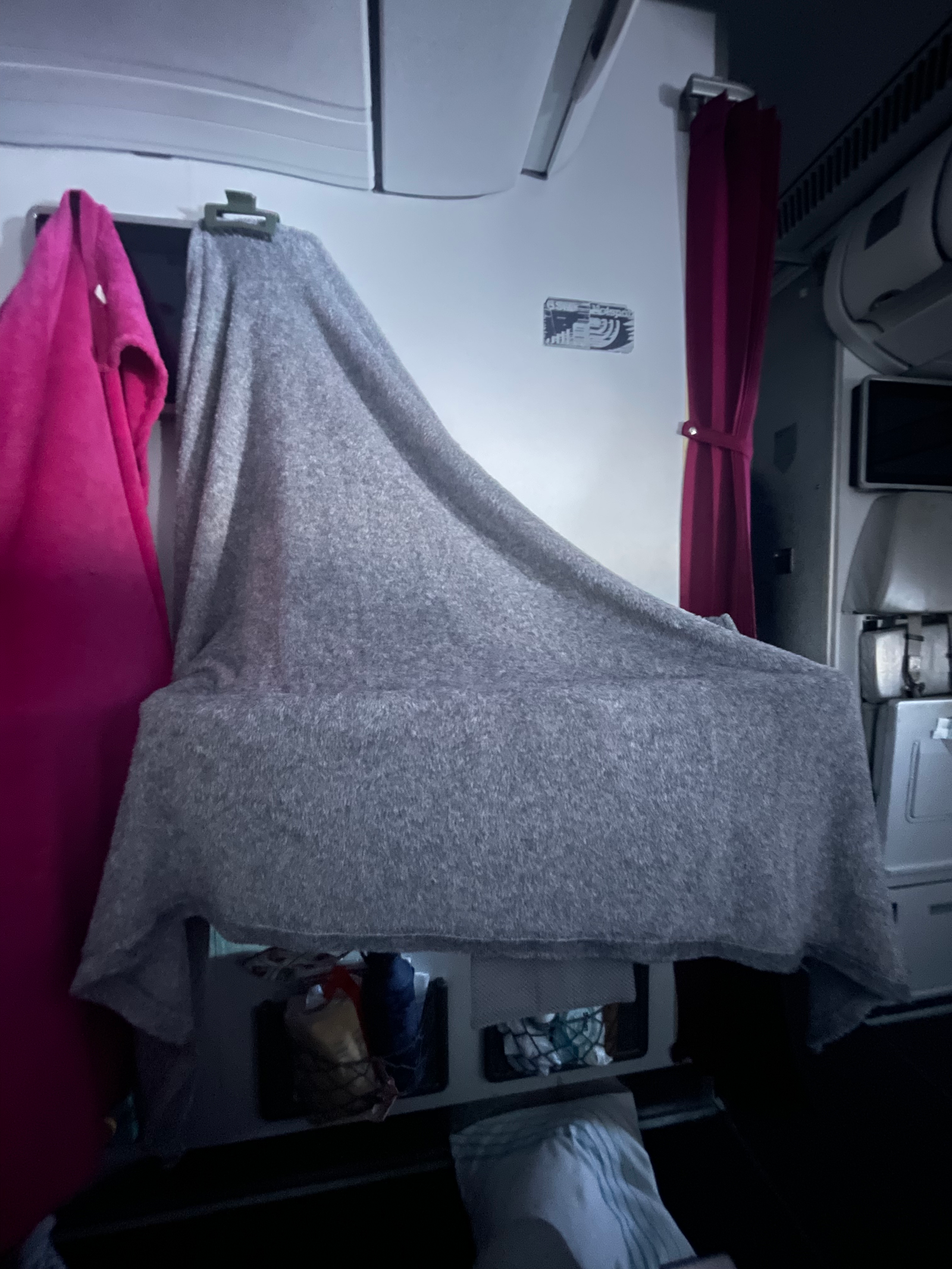
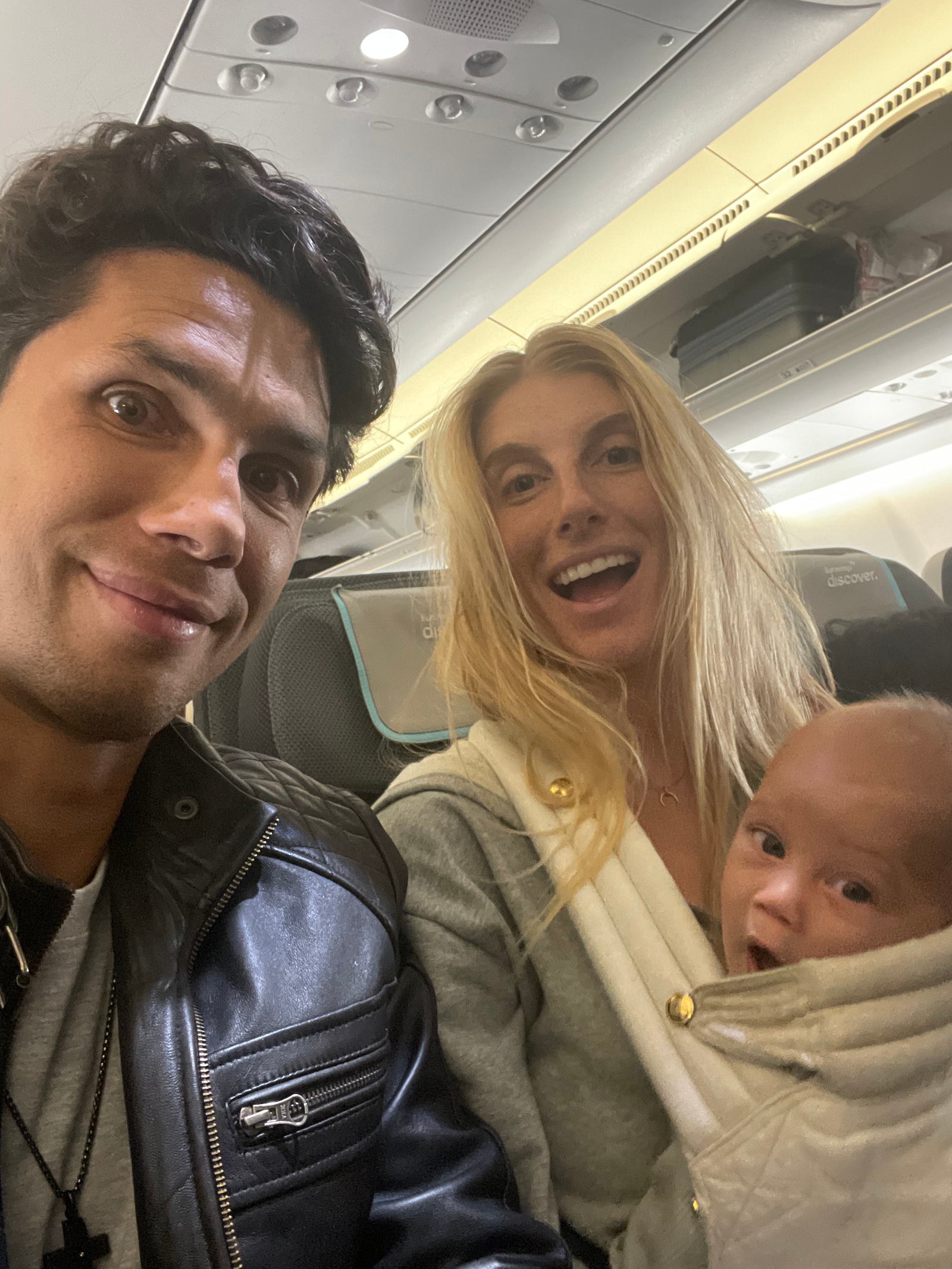
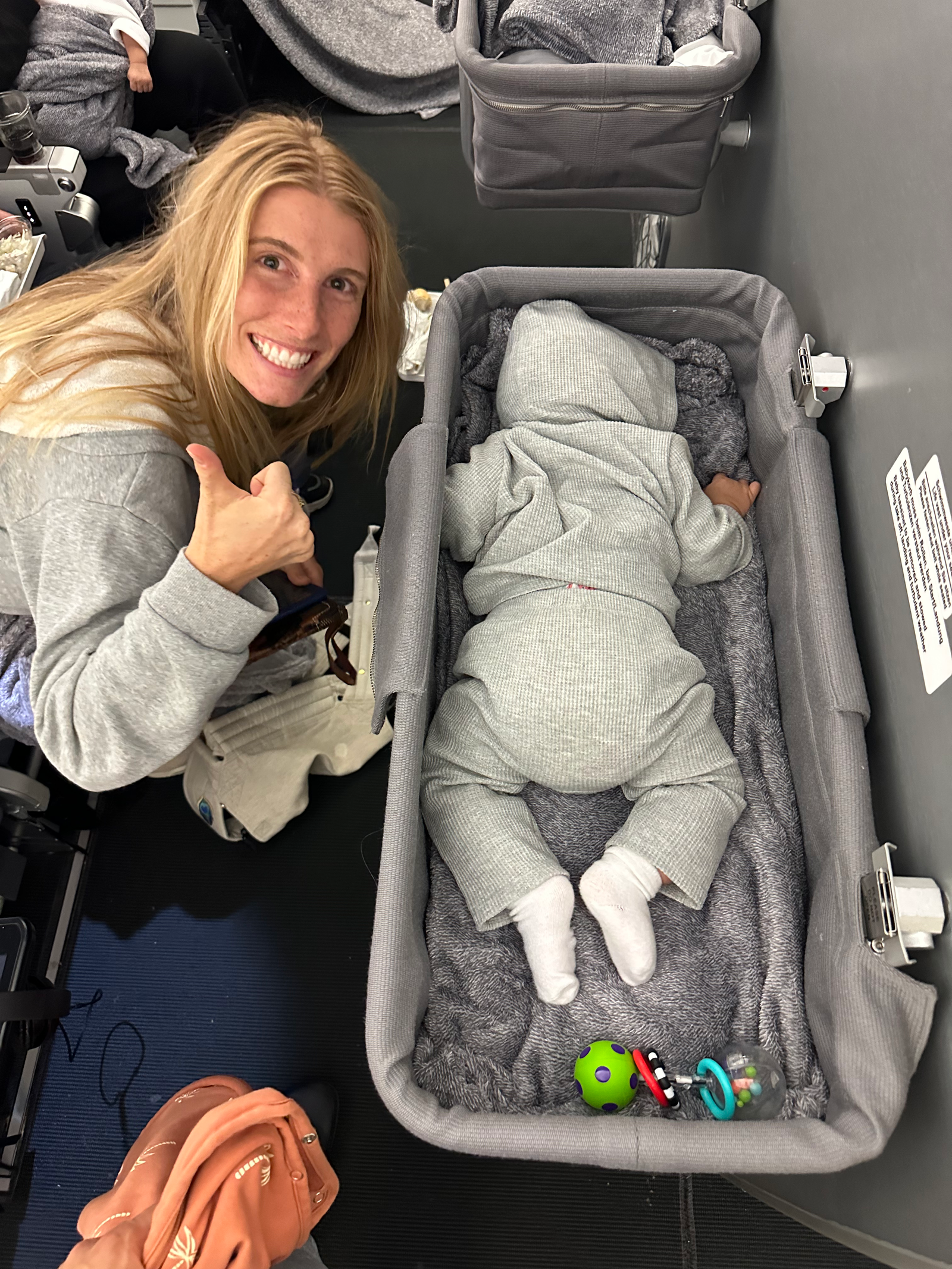
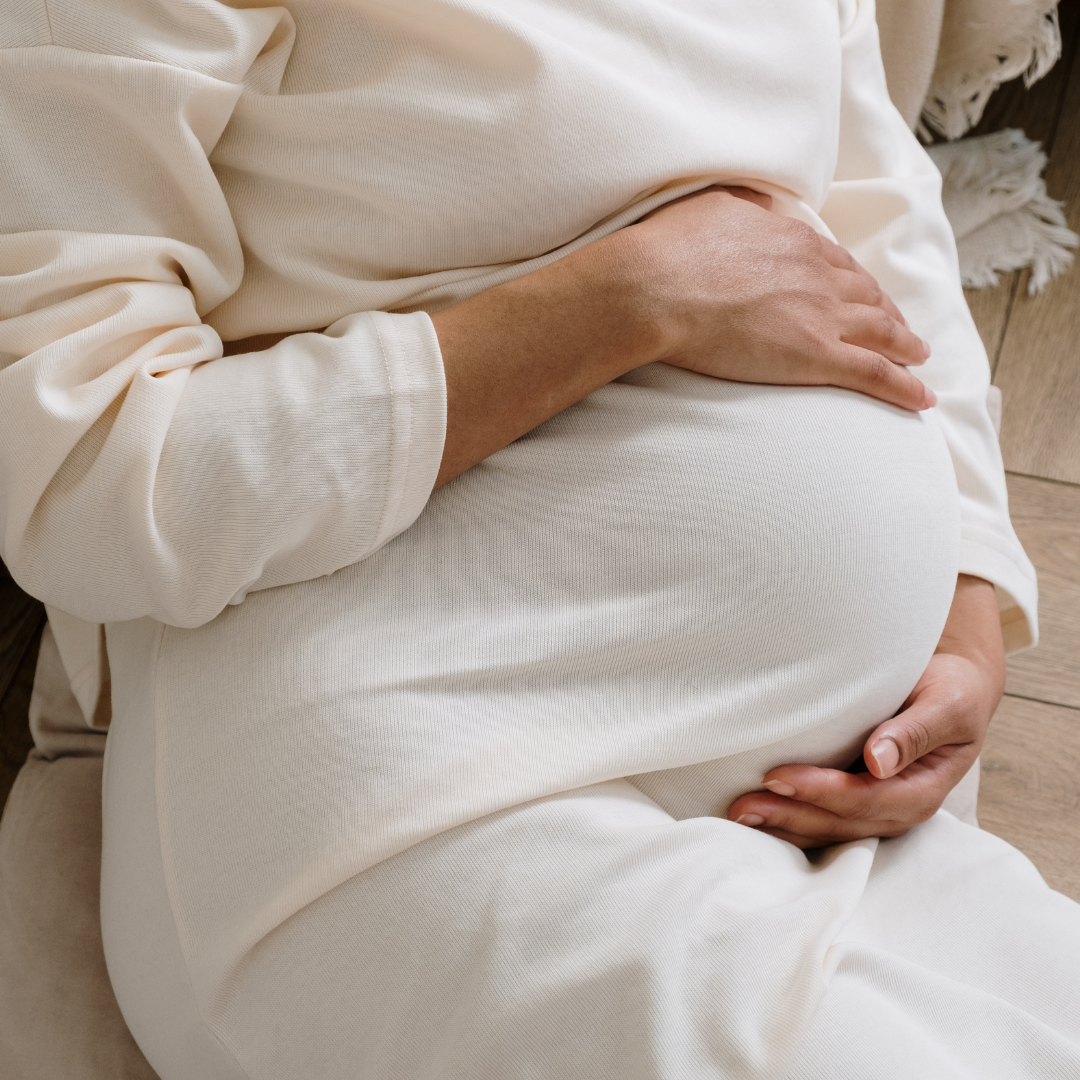

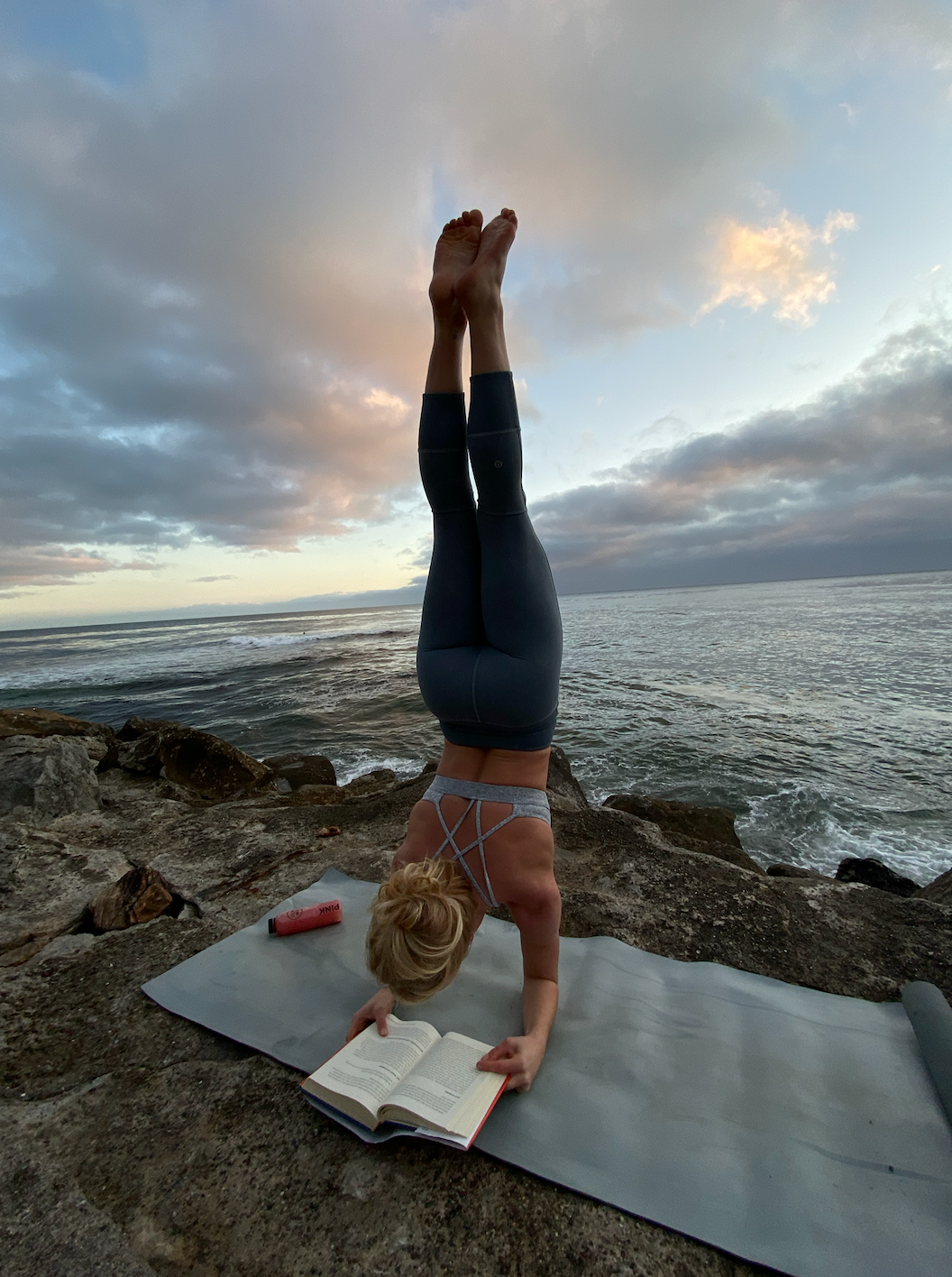

I think you are doing the right thing, my kids started travelling as infants as well and now they are adults and both love to travel, to experienced new food, learn new cultures, new people is amazing what travelling makes to their points of view in many subjects and is a ;plus when in college they could exempt the study abroad requirement (in some colleges) is they wanted just because they demonstrated their extensive travel during their growing years. is always a plus and once you do it once you become a pro travelling with infants and small kids.